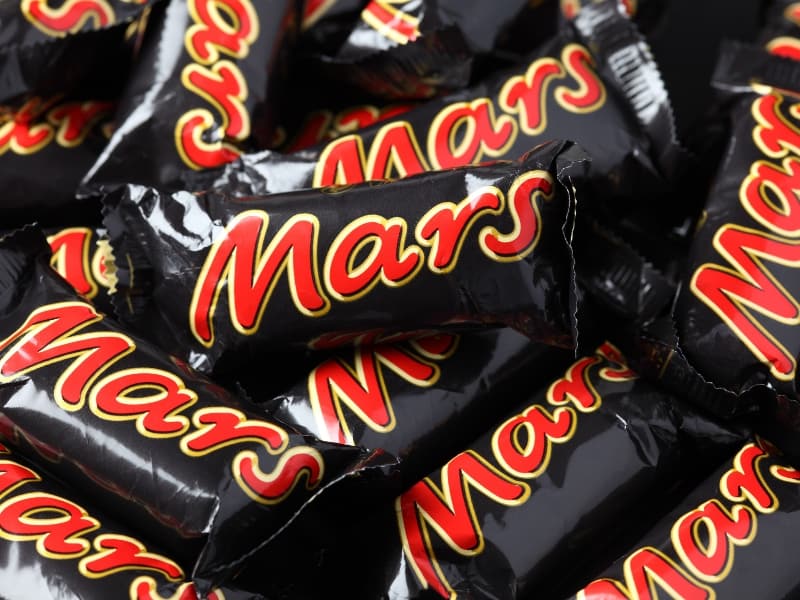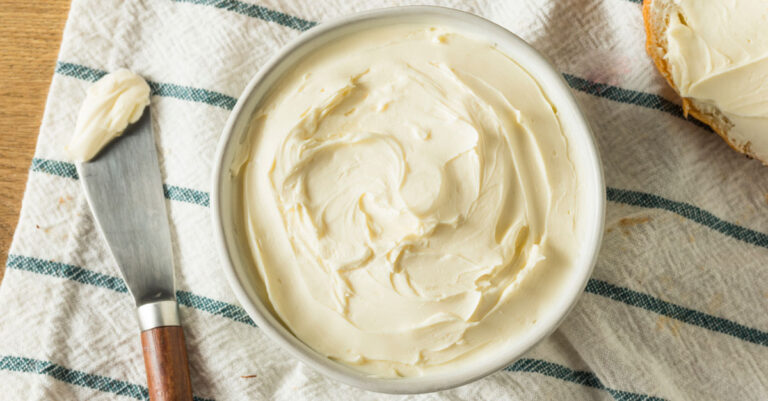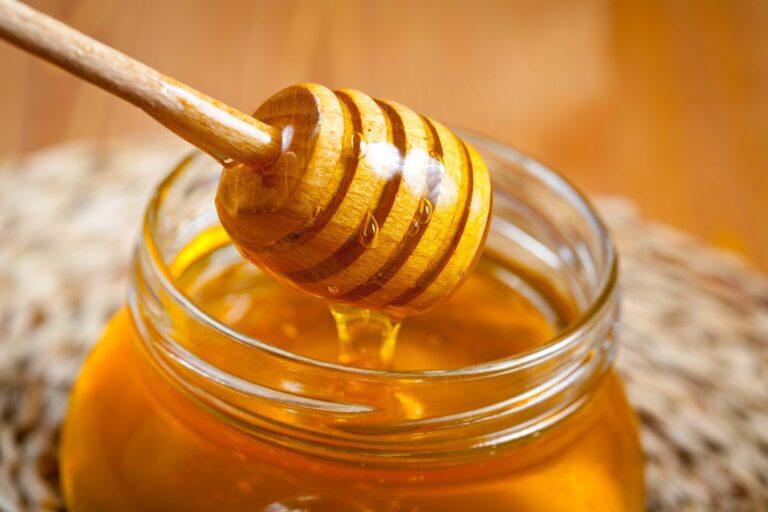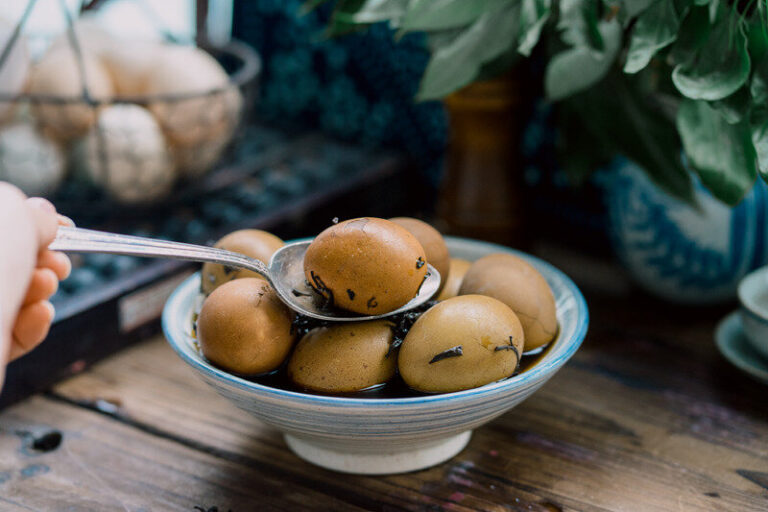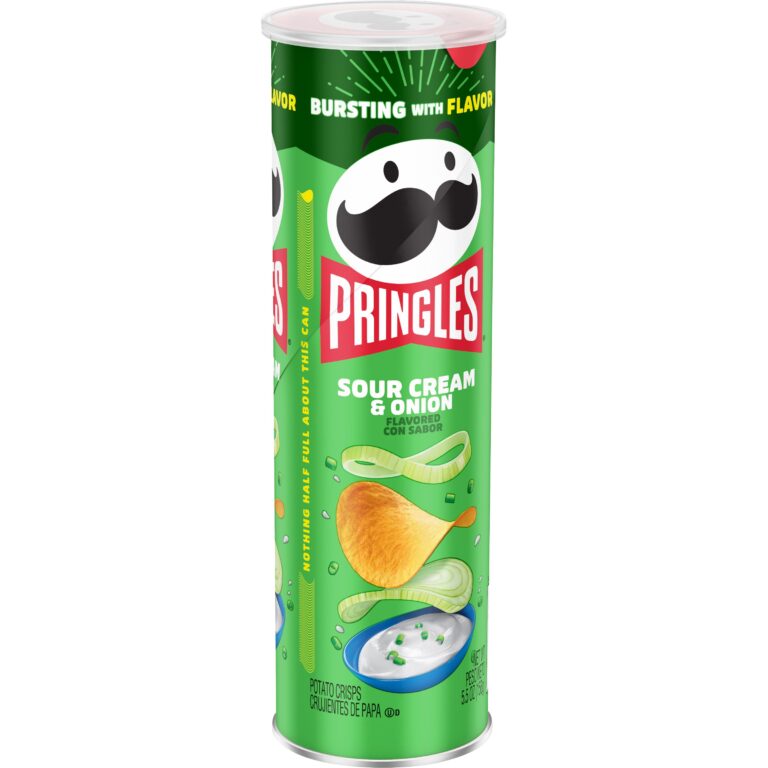Do Mars Bars Have Gluten? Discover the Gluten Content of Mars Bars
Are you a fan of Mars Bars and concerned about gluten in your diet? If you’ve ever wondered, “Do Mars Bars have gluten?” you’re in the right place. We’ll give you a straightforward answer so you can decide if they’re right for you.
Yes, Mars bars have gluten. They’re not gluten-free due to barley malt extract, which contains gluten and is unsafe for those with celiac disease. They label allergens and cross-contamination risks.
Whether you’re gluten-sensitive, have allergies, or are just curious about your candy, we’ve got the info you need. Let’s dive in!
Navigating Gluten: Understanding, Conditions, and Dietary Choices
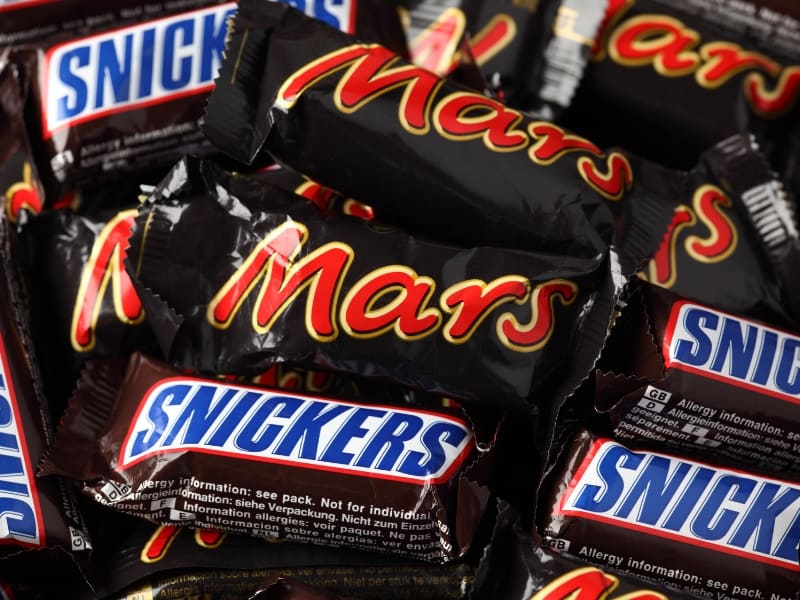
Gluten is a protein found in wheat, barley, and rye that plays a vital role in the texture of foods like bread and pasta. It creates a stretchy network when mixed with water, giving these foods their structure.
However, for some people, gluten is a problem. Celiac disease is an autoimmune condition where gluten triggers an immune response, damaging the small intestine and causing various health issues. Even tiny amounts of it can be harmful to those with celiac disease, so they must avoid it completely.
Further, Non-celiac gluten sensitivity is different but shares some symptoms, like digestive discomfort and fatigue after consuming gluten. The exact causes are still being studied, but it’s clear that some people experience symptoms without having celiac disease or a wheat allergy.
On the other hand, Wheat allergies are allergic reactions to proteins in wheat, not just gluten, leading to symptoms such as hives, breathing difficulties, and digestive problems.
Understanding it is not only about knowing where it’s present in food but also about realizing its potential impact on those with dietary restrictions. Clear food labeling and gluten-free alternatives are essential for helping individuals with specific needs make informed choices about what they eat.
Nutrition Fact of Mars
| Nutrient | Amount |
| Calories | 230 |
| Total Fat | 8.6g |
| Saturated Fat | 4.2g |
| Trans Fats | 0g |
| Cholesterol | 0mg |
| Sodium | 0mg |
| Potassium | 0mg |
| Total Carbohydrate | 35.3g |
| Dietary Fiber | 0g |
| Sugars | 30.5g |
| Protein | 2.2g |
Mars Bars Ingredients
A MARS® Bar consists of three main components:
- Milk Chocolate (40%)
- Nougat (33%)
- Caramel (27%)
Sugar: A primary sweetening agent in the chocolate bar.
Glucose Syrup: This syrup provides sweetness and helps create a chewy texture.
Skimmed Milk Powder: A source of milk solids, contributing to the creamy texture.
Cocoa Butter: A fat derived from cocoa beans, which adds richness and smoothness to the chocolate coating.
Cocoa Mass: Ground cocoa solids are responsible for the chocolate flavor.
Sunflower Oil: Used to enhance the texture and consistency of the chocolate coating.
Lactose and Protein from Whey (from Milk): These ingredients come from milk and contribute to the overall flavor and texture.
Palm Fat: A source of vegetable fat for texture and consistency.
Fat-Reduced Cocoa: Provides additional cocoa flavor to the chocolate.
Barley Malt Extract: This ingredient contains gluten and is responsible for the distinct flavor in Mars Bars.
Emulsifier (Soy Lecithin): An additive that helps bind ingredients together and maintain texture.
Salt: Enhances the overall taste of the chocolate bar.
Egg White Powder: Helps create the nougat’s structure and texture.
Natural Vanilla Extract: Adds a natural vanilla flavor to the bar.
Milk Chocolate: Contains sugar, cocoa butter, cocoa mass, skimmed milk powder, and more,
which make up the milk chocolate coating.
Milk Protein: Provides additional milk solids for texture.
Crafting Vegan Milky Way Bars: A Dairy-Free Delight
Irrespective of nomenclature, these no-bake chocolate candy bars share a common composition, featuring a delectable layer of caramel, chewy nougat, all encased in a luscious chocolate coating. Notably, our rendition of these beloved classics adheres to a vegan and dairy-free framework.
For crafting these Vegan Milky Way Bars, you’ll need a few essential ingredients:
Caramel: We advocate for preparing your own caramel. It’s a cost-effective and customizable choice. However, if you’re pressed for time or have a preferred store-bought vegan caramel, that will suffice.
Chocolate Chips: Opt for vegan-friendly dark chocolate chips. Brands like Enjoy Life offer dairy-free options. Chocolate chunks or bars can also serve as suitable alternatives.
Oat Flour: This forms the foundation of our homemade vegan nougat layer. You can effortlessly create your oat flour by pulsing rolled oats in a high-speed blender. Alternatively, pre-made oat flour is readily available.
Coconut Butter: This luscious component bestows a rich, buttery quality to our vegan nougat without any reliance on dairy. You can conveniently melt coconut butter in a microwave-safe bowl or a small saucepan.
Maple Syrup: The deep, earthy notes of maple syrup harmonize splendidly with the caramel, but any liquid sweetener will suffice. Agave nectar presents a viable alternative.
Vanilla Extract: Although optional, it can elevate the overall flavor. For optimal results, we recommend opting for pure vanilla extract over imitation varieties.
Salt: A modest pinch of sea salt performs a pivotal role in offsetting the sweetness in our vegan nougat.
Creating Vegan Mars Bars: A Sweet, Dairy-Free Delight
1. Crafting the Vegan Nougat:
In a medium-sized bowl, blend gluten-free oat flour, coconut butter, maple syrup, vanilla, and a pinch of salt until well combined. You can use clean hands or a silicone baking spatula for this step.
2. Pressing the Nougat:
Transfer the vegan nougat mixture to an 8-inch square pan lined with parchment paper. Adjust the nougat’s thickness according to your preference. You can use a smaller pan for thicker Mars bars if desired.
3. Adding Vegan Caramel:
Layer the vegan caramel on top of the nougat. The amount can vary based on your desired caramel thickness.
4. Freezing to Solidify:
Place the pan in the freezer for approximately 30 minutes to firm up the Mars bars’ filling.
5. Melting the Chocolate:
Once the filling is nearly set, start melting the vegan chocolate chips. Use a double boiler on the stovetop to ensure a gradual and thorough melting process. Stir with a spatula until the chocolate is fully melted.
6. Cutting into Bars:
Cut the chilled filling into individual bars. Tailor the size to your preference; mini squares are ideal for various occasions.
7. Coating in Chocolate:
Dip each cut Mars bar into the melted chocolate using two forks. Allow excess chocolate to drip off and place the coated bars on a lined baking sheet. Repeat for all the bars.
8. Chilling for Firmness:
Refrigerate it for around 15 minutes, or until the chocolate hardens.
9. Indulge:
Before savoring, let the bars sit at room temperature for about 5 minutes to soften.
Variations:
- Consider using our homemade vegan chocolate bars as a chocolate coating alternative.
- Add a twist by substituting melted coconut butter with runny peanut butter for a peanut butter-infused nougat.
- If you lack a suitable glass bowl for a double boiler, melt the chocolate chips in the microwave in 20 to 30-second intervals, stirring in between until fully melted.
Gluten-Free Chocolate Delights: Sweet Treats to Savor
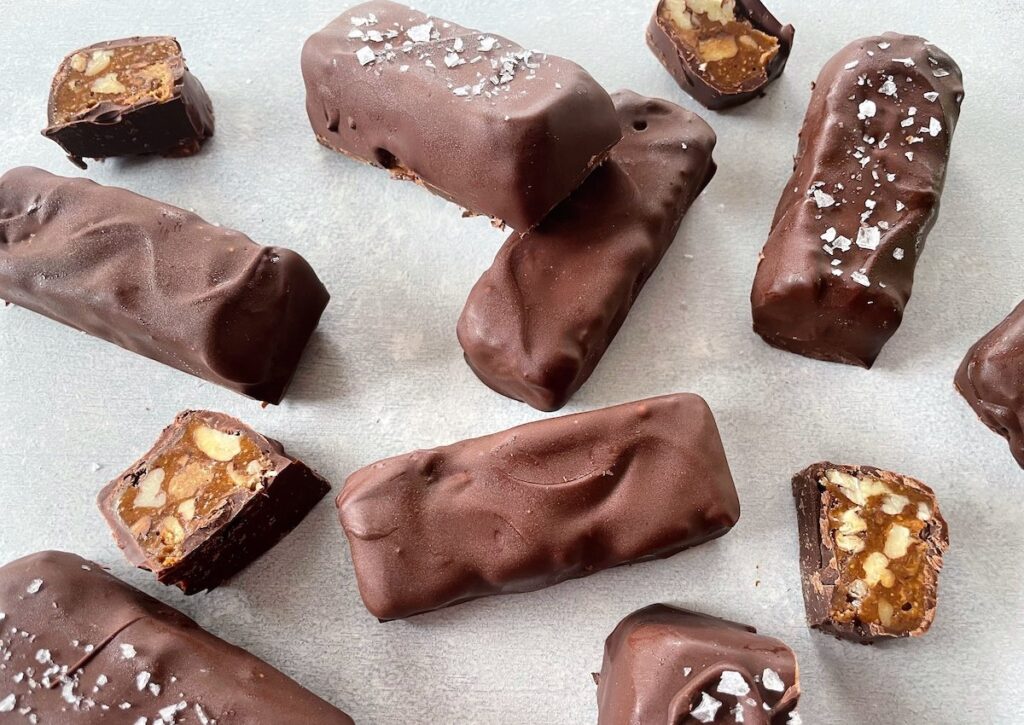
| Chocolate Brand | Gluten-Free Products |
| Cadbury | Creme Egg, Crunchie, and more |
| Galaxy Minstrels | Minstrels, Ripple, and Smooth Milk bars |
| Lindt | Excellence Dark Chocolate, Lindor Strawberries and Cream |
| Daim Bar | Original Daim Bar (watch for variations) |
| Reese’s | Peanut Butter Cups, Reese’s Eggs, Reese’s Peanut Butter Cup Minis, Reese’s Pieces |
| Kinder | Chocolate Bars, Mini Eggs, Schoko-Bons, Kinder Surprise Eggs |
| Snickers | Snickers, Bounty, Magic Stars |
| Aero | Mint, Milk, Minis, and White bars |
| Toblerone | Classic Toblerone |
| M&M’S (UK) | M&M’s (except Crispy M&M’s) |
FAQs
Q: Do Mars bars contain nuts?
A: Store-bought Mars bars are nut-free, but they may contain peanuts due to processing in a facility that handles peanut products. Our version is peanut-free but does contain coconut.
Q: What other chocolate bars contain nougat?
A: Snickers bars, Baby Ruth bars, and Three Musketeers are three popular chocolate bars that contain a nougat layer.
Q: Are Mars bars vegan?
A: No, Mars bars aren’t vegan. They contain milk, an animal product that is not part of the vegan diet. They also contain palm fat, which raises environmental concerns.
Q: Are Mars bars dairy-free?
A: Mars bars are not dairy-free; they contain milk, milk protein, and whey powder from milk. If you’re lactose intolerant or avoiding dairy, it’s best to avoid them.
Q: What are Mars bars?
A: Mars bars are popular chocolate candy bars with variations. The American version includes nougat, toasted almonds, caramel, and milk chocolate. The rest of the world has a version with nougat and caramel coated in milk chocolate, known as the Milky Way in the USA.
Q: Who makes Mars bars?
A: Mars, Incorporated is the manufacturer of Mars bars. This multinational company produces a range of food products, including confectionery. The Mars bar was originally created by Forrest Mars Sr. in England, based on his father’s Milky Way bar, which was already popular in the USA. The original Mars bar has evolved over the years, and different versions are sold worldwide. In the United States, Ethel M, a subsidiary of Mars Incorporated, produces the “original American recipe” Mars bar.
Final words
To sum up, Mars bars are not gluten-free. The presence of barley malt extract in their ingredients means they contain it, making them unsuitable for individuals with celiac disease or sensitivity.
Additionally, it’s essential for those with specific dietary restrictions to carefully read product labels and consider alternative gluten-free options when enjoying their favorite chocolate treats. Understanding the content of food products empowers individuals to make informed choices about what they consume, ensuring their health and well-being are a top priority.

